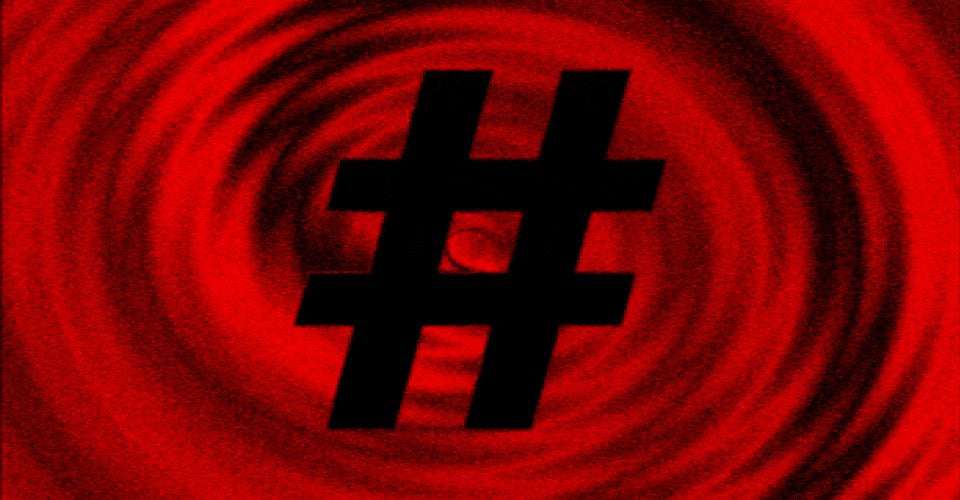Anne Applebaum: Trump won’t accept defeat. Ever.
Trump’s clear loss in the presidential election has precipitated a deep rift in the right-wing information ecosystem, as media outlets, tech platforms, and individual commentators have been forced to choose between upholding reality and indulging those who insist that the president actually won. On November 7, Fox News was among the major networks that called the election for Biden, its news stories now refer to him as “president-elect,” and even the pro-Trump Fox commentator Tucker Carlson has challenged absurd claims being made by the president’s lawyers. The major social-media platforms—which for years boosted sensational propaganda and Trump-friendly conspiracy theories such as QAnon—have been remarkably active and admirably transparent in preventing the spread of misinformation about the 2020 election. As the president continues to rail against his loss on Twitter, the mainstream social platforms have continued to label wild claims and false allegations and reduce their spread; Facebook has taken down some of the more extreme communities that have sprung up among its users.
Yet reducing the supply of misinformation doesn’t eliminate the demand. Powerful online influencers and the right-wing demi-media—intensely partisan outlets, such as One America News and Newsmax, that amplify ideas that bubble up from internet message boards—have steadfastly reassured Trump’s supporters that he will be reelected, and that the conspiracies against him will be exposed. No doubt seeing an opportunity to pull viewers from a more established rival, One America News Network ran a segment attacking Fox’s Arizona call and declaring the network a “Democrat Party hack.” The president himself, while tweeting about how the election was being stolen, amplified accounts that touted OANN and Newsmax as places to find accurate reporting on the truth about his election victory. And on Parler, the conspiracy-mongering has grown only more frenzied as Trump makes state-by-state fraud allegations: In addition to concerns about Sharpies, the social network abounds with rumors of CIA supercomputers with secret programs to change votes, allegations of massive numbers of dead people voting, claims of backdated ballots, and assorted other speculations that users attempt to coalesce into a grand unified theory of election theft.
Renée DiResta: The right’s disinformation machine is getting ready for Trump to lose
How far these ideas spread depends in part on whether mainstream social-media outlets keep moderating content as closely as they did during this election season. For most of Trump’s term, Facebook and others had been loath to crack down on even baseless conspiracy theories, including those repeated by the president himself. Freedom of expression, the argument went, covers the right to think and say even floridly false things, which were best addressed through corrections and counter-speech. Yet the major platforms concluded that misleading theories about the election were a distinct class of misinformation because of their potential to cause significant harm to the body politic. As the split between reality-based information outlets and those catering to pro-Trump bitter-enders has widened, the distribution of their content is becoming significantly siloed. This could have two major effects: It may limit the spread of conspiracy theories and reduce the possibility that Facebook and YouTube recommendation algorithms will draw casual users into the world of QAnon. But the bifurcation also raises the possibility that, among those who gravitate to niche platforms like Parler, the discussion may grow even more extreme. People who sincerely believe that a CIA supercomputer changed votes for Biden in swing states will not do an about-face and accept him as the duly elected president on Inauguration Day. A persistent belief that the new president is illegitimate could cause political violence.

justahdewd on November 23rd, 2020 at 18:13 UTC »
I recall just before the 2000 election a customer in my store said that he didn't really like Bush, but he liked dirt bikes and if Gore was elected he wouldn't be able to go trail riding in the woods anymore, so he was voting for W.
ElevatorPit on November 23rd, 2020 at 17:41 UTC »
It's called: Firehose of Falsehood. It's a propaganda tactic employed by Russia in their takeover of Crimea.
Fake_William_Shatner on November 23rd, 2020 at 17:41 UTC »
I like how this very political thing is in /technology -- not because it's ironic, or I like talking about this everywhere -- but, it is so bad that it is effecting everything, and addressing it here should be a wake-up call.
If the media and technology is giving people a different sense of reality -- then there may be very little way to reach people. Information is weaponized.
And technology is part of the human condition -- we can't really separate encryption and the ability of phones to mine us for information from politics.
Of course, this thread will probably get locked down or deleted by mods -- because, how do you really discuss anything when it becomes political? Everyone lines up behind their religious affiliation -- which is what politics is now. There isn't even a philosophy behind most of it -- just teams and opportunists.